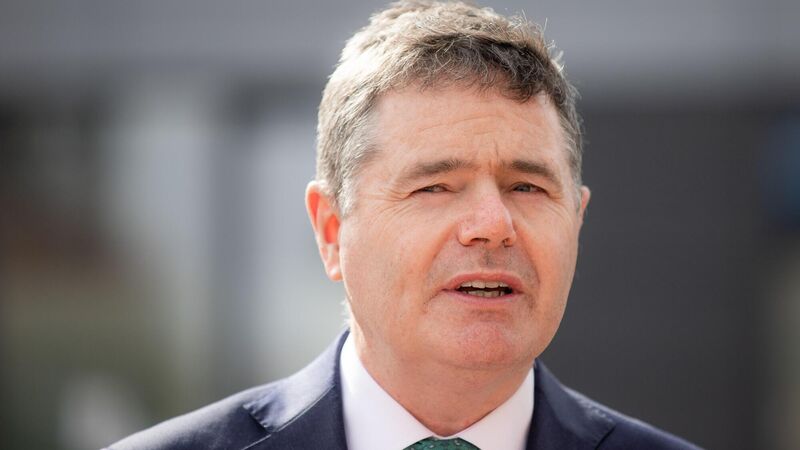Crisis leaves no room for prevarication in cross-party action on climate

Minister for Public Expenditure Paschal Donohoe. While Minister Donohoe is not responsible for climate targets being kept within emissions ceilings, the work of the Climate Division has the potential to provide valuable insights into where emissions ceilings have been or are likely to be breached.
The cross-party Committee on Environment and Climate Action has sought legal advice after Public Expenditure Minister Paschal Donohoe twice turned down its invitations, saying he was under no obligation to accept.
The committee has held public sessions with senior ministers including Simon Coveney, Eamon Ryan, and Charlie McConalogue to discuss their roles in relation to the Climate Action Plan.
CLIMATE & SUSTAINABILITY HUB















